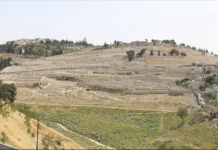By Charles Gardner —

We are living in days when many ancient prophecies are being fulfilled before our eyes, particularly with respect to the end-time return of the Jewish people to their promised land.
Prophets are those who see what’s coming. They have an ability to hear from God, who is able to use them to warn or encourage people to prepare.
Over the last few centuries, God has raised up spiritual giants who have understood the Bible’s emphasis on the latter-day role of his chosen people. These include the likes of Englishmen John Wesley, Charles Spurgeon, Bishop J C Ryle and slave trade abolitionist William Wilberforce.
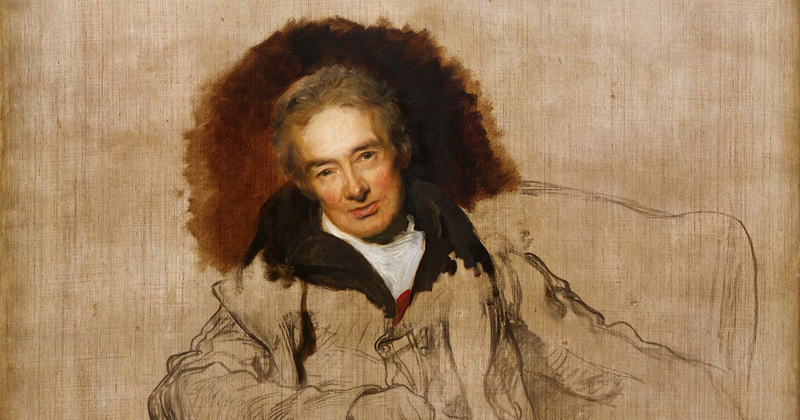
The last mentioned was also co-founder of the Church’s Ministry among Jewish people (CMJ), about to celebrate the bicentenary of their decision in 1823 to establish a permanent base in Israel which led to the building of Christ Church in Jerusalem’s Old City.
Since their founding in London in 1809, initially to reach out to Jewish refugees escaping the pogroms of Russia, they rapidly extended their influence to the point where they played a major role in both the physical and ongoing spiritual restoration of Israel.
Ironically, in view of the Nazi era to come, their early days in Jerusalem was something of a joint Anglo-German venture which involved sharing an Anglican bishop, a former rabbi named Michael Solomon Alexander – the first Jewish bishop in Jerusalem for over 1,700 years.
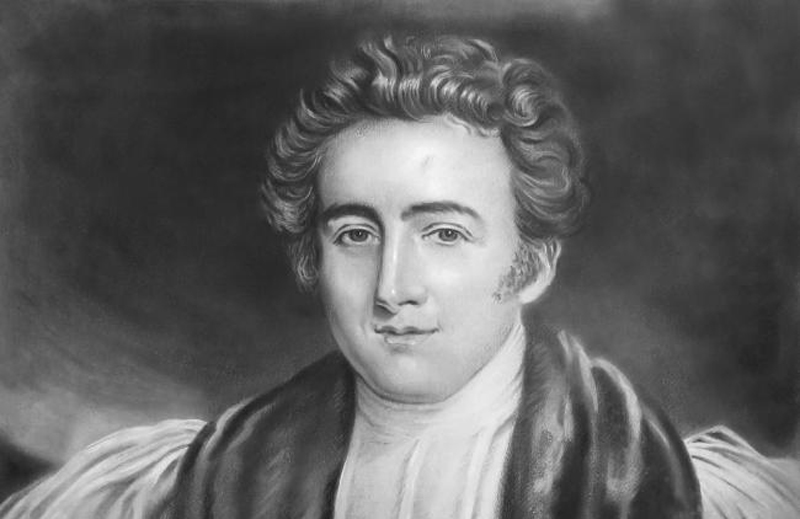
They even had direct access to the German Kaiser through a clergyman named Rev William Hechler, who became a close and influential friend of Zionist pioneer Theodor Herzl.
(The German/Prussian influence on Zionism went all the way back to the Pietists and Moravians, who in turn influenced Wesley.)
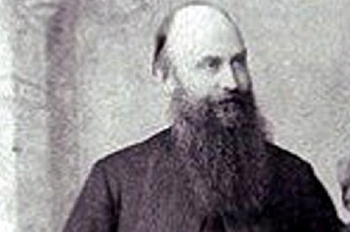
Fundamental to CMJ’s ethos was that they did not expect Jewish followers of Jesus to forsake their culture or identity (as Christians have insisted in the past). And it was in this respect that they built the foundations of the modern Messianic Jewish movement.
As early as 1813, in London’s East End, an extensive centre was specifically built for Jewish believers known as Palestine Place, with the Duke of Kent (Queen Victoria’s father) presiding over its opening attended by 20,000 people. This in turn led to regular chapel meetings of the so-called Sons of Abraham (Benei Abraham).
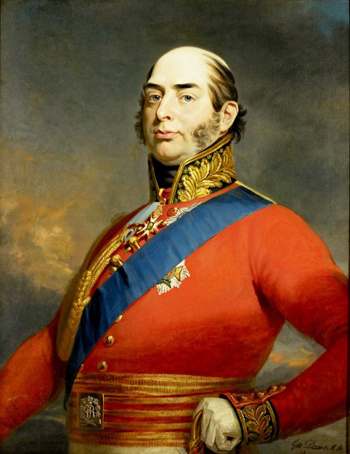
It was a German Jew, Joseph Frey, who had actually launched the movement four years earlier after answering a call from the London Missionary Society. He was all set to sail for South Africa with the LMS, but his ship was delayed and he soon realized that his mission was staring him in the face – right there in London’s East End.
LMS already had a vision for reaching the Jews, to be fair, but Joseph saw the vital need for contextualization – building on their knowledge and background of the Hebrew Scriptures. Frey (German for free) had changed his name from Levi to honor the fact that, in Jesus, he had found the One who truly sets you free (John 8:36).
CMJ was convinced that the gospel of Jesus is “to the Jew first, and also to the Gentile” (Romans 1:16). But they also demonstrated love for the Lord’s own people by serving them in practical ways, building a hospital and schools and generally helping the poor.
This had the effect of provoking the Jews to jealousy, just as God had intended (see Romans 11:14), and they duly built their own places of healing and learning, which became among the world’s finest.
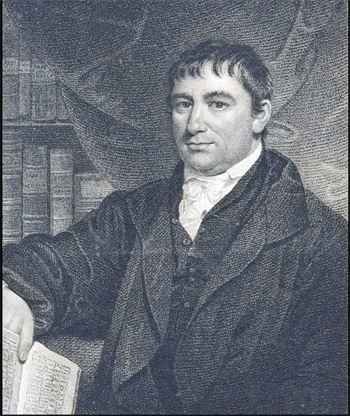
In time, especially after the Six-Day War of 1967, a growing number of Israelis began to discover Yeshua (Jesus) as their Messiah, following in the footsteps of the thousands of believers who are thought to have perished in the concentration camps with their fellow Jews in the wake of the hugely successful outreach in Europe before World War II.
The hospital, by the way, became a temporary military HQ when Jerusalem fell to the Allied forces in 1917, ending 400 years of Turkish Muslim rule and paving the way for modern Israel.
As Australian historian Kelvin Crombie put it in a synopsis of his new book, From Exile to Restoration¹, General Edmund Allenby, a Christian, inaugurated the new era under the iconic Tower of David, a relic of the Roman past and a symbol of Israel’s exile,² immediately opposite Christ Church, a sign of her restoration after nearly 1,800 years of dispersion among the nations.
Speaking in Hull, birthplace of its greatest son and CMJ co-founder William Wilberforce, Crombie challenged his audience – especially in view of the Holocaust – to be a light in a dark place. He warned against succumbing to the kind of drip-feed poison the Nazis had used to influence the Church. With German pastors paid by the government and virtually everyone attending church, ‘Christians’ soon found themselves, somewhat unwittingly perhaps, worshipping a non-Jewish god.
Mercifully, however, a restored Israel rose from the ashes of the Holocaust as “life from the dead” (Romans 11:15) in fulfillment of the prophecies of both Ezekiel and St Paul. The CMJ founders had seen it coming, thanks in part to the 18th century evangelical awakening and the horrors of the French Revolution, which made them wonder if the last days were at hand.
If so, they reckoned it was time to reach out to the Jews, who needed to be back in their ancient land to welcome the returning Messiah (Ezekiel 36:26, Zechariah 12:10). And yet there was no obvious evidence of such restoration at the time. But Jesus said: “Blessed are those who have not seen and yet have believed.” (John 20:29)
I feel proud and privileged to be involved with a movement which has been truly blessed because they went out of their way to bless the Jews (Genesis 12:3).
1Published by Heritage Resources, PO Box 565, Mundaring 6071, Western Australia.
2After the Romans destroyed the temple in AD 70, in fulfilment of Jesus’ own prediction (Matthew 24:2).



